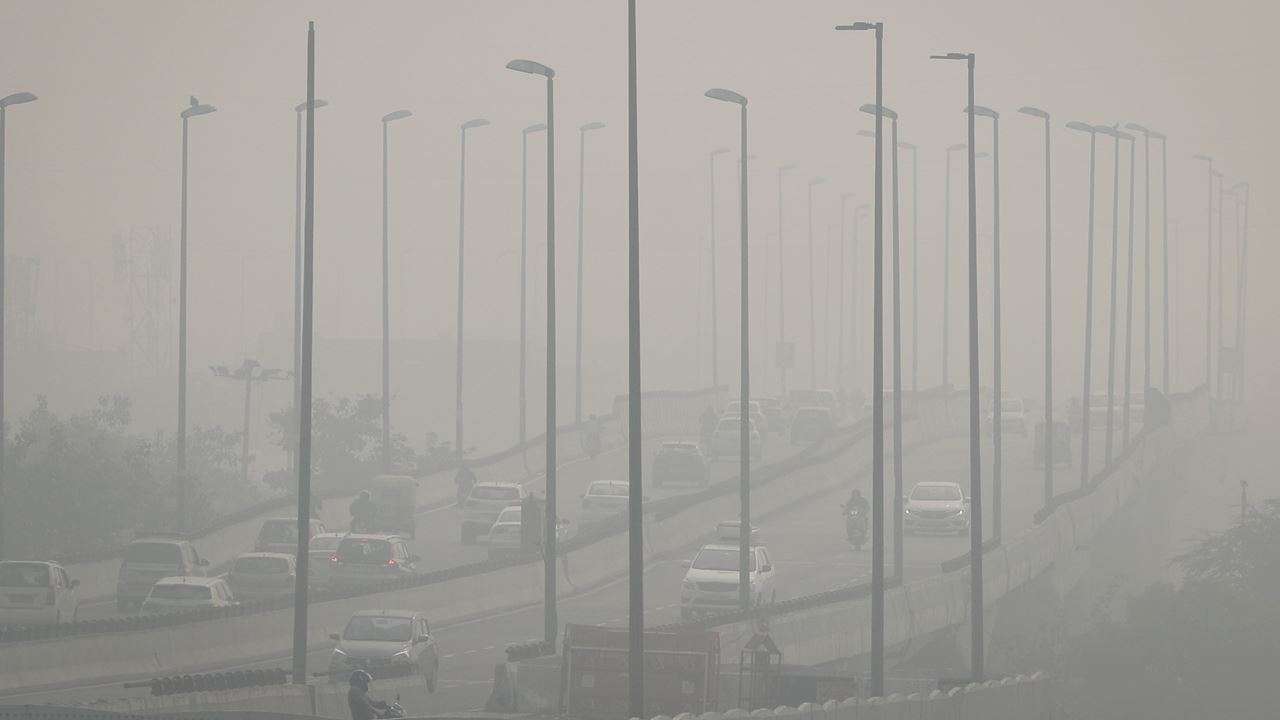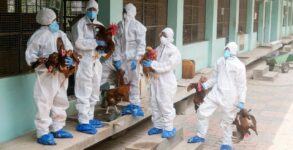Agra witnessed a rise in the number of people suffering from respiratory issues post-Diwali even as the city recorded an air quality index at 380 on Saturday.
The city has been covered in a dense layer of smog since Diwali on November 4.
According to the Central Pollution Control Board (CPCB), the air quality index (AQI) at Agra was recorded at 380 at 4 pm. An AQI between zero and 50 is considered ‘good’, 51 and 100 ‘satisfactory’, 101 and 200 ‘moderate’, 201 and 300 ‘poor’, 301 and 400 ‘very poor, and 401 and 500 ‘severe’.
Health experts suggested that people having respiratory trouble should avoid going for morning or evening walks and wear protective masks without fail.
”In the past three days, we have admitted around 15 patients suffering from severe respiratory issues due to rise in air pollution. Besides, on Friday, we had 72 patients and 65 patients visited the department on Saturday,” Santosh Kumar, Head of the Department of TB and Chest, Sarojani Naidu Medical College, said.
He said the city residents have also complained about cough and dryness of the throat after the festival.
”Patients suffering from respiratory diseases must not go for morning or evening walks due to high pollution levels in the environment. They should also increase the dose of their inhalers as per their doctors’ suggestions,” Kumar said.
”Patients must also not forget to wear face masks as they will protect them from asthma, chronic obstructive pulmonary disease (COPD), bronchitis, tuberculosis and also coronavirus,” he stressed.
Gajendra Vikram Singh, associate professor at the hospital, said the main reasons of the rise in air pollution post-Diwali are the burning of crackers, increased movement of vehicles during festival season, and the burning of stubble.
”Patients can also use steam inhalation and rescue inhalers to keep them safe during such polluted days,” he said.
Yatendra Chahar, Head of the Department, Skin and Venereal Diseases said, ”After Diwali, there is a 10 percent rise in the number of patients of burn at the OPD.” He said people with deep burns should rush to hospitals and not use home remedies.


















